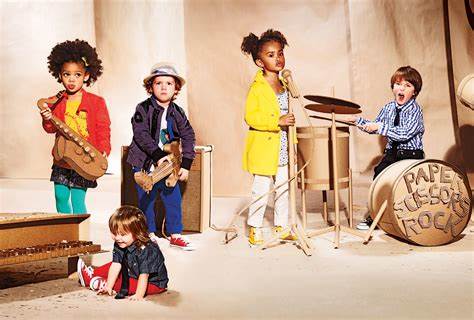Its members spoke alone, in groups, or all together; they could express the feeling or tell the story which the composer had in mind when he wrote the music that was being played.
家庭成員會獨(dú)自發(fā)聲,或以群為單位,或一同發(fā)聲,他們可以表達(dá)感情,或者講述作曲人在創(chuàng)作音樂時想要表達(dá)的故事。
During his early manhood, Damrosch lost the father who had been his constant teacher and guide. Dr. Leopold Damrosch had been directing a company of opera singers,
在他成年早期,達(dá)姆羅施失去了父親,他一直是他的老師和向?qū)В_(dá)姆羅施博士此前一直在指揮一伙歌劇演唱家,
and was planning to take them on a tour of several large cities at the close of the opera season in New York City. Suddenly he was taken ill, and died.
并計劃在紐約歌劇季結(jié)束時前往大城市巡演,但他突然病倒去世了。
Young Damrosch stepped bravely into his father's place. Taking full charge of the opera tour, he set out for Chicago six days after his father's death.
年輕的達(dá)姆羅施勇敢地接替了父親的崗位,完全接管了歌劇巡演工作,他在父親死后六天前往了芝加哥。
Unfortunately a severe blizzard delayed the arrival of the opera company in Chicago until the very moment when the program was scheduled to begin.
不幸的是,凜冽的暴風(fēng)雪延緩了樂隊抵達(dá)芝加哥的時間,直到項目計劃開始時才抵達(dá)。

In the theater, a large audience waited patiently several hours for the curtain to go up and to cheer the young leader, who was trying so earnestly to carry on his father's work.
在歌劇院中,一大群觀眾耐心地等待幾小時,等待大幕揭開,等待為年輕的指揮家喝彩,他迫切地希望繼續(xù)父親的工作。
From that time on, Damrosch led a busy and successful life. But all the time there was growing in his mind a plan which he was determined to try out.
從那個時刻起,達(dá)姆羅施失過上了繁忙但成功的生活,當(dāng)在他的心中萌生了一個他決定嘗試去做的計劃。
More than anything else, he wanted to make the people of America love fine music; so he planned to begin with the children themselves.
他最想做的是讓美國民眾熱愛音樂,所以他的對象瞄準(zhǔn)了兒童。
In a concert arranged especially for them, Damrosch invited the children of New York City to follow him into the magic Land of Music.
在一場專門為兒童舉辦的音樂會上,達(dá)姆羅施要求紐約兒童進(jìn)入奇幻的音樂之鄉(xiāng)。
Young eyes glowed with interest as the leader introduced the different members of his orchestra family,
當(dāng)指揮家介紹管弦樂家庭的每一位成員時,年輕的眼睛散發(fā)著濃濃的興趣,
explaining in a simple way just what kind of language each instrument could speak and just what work it had to do.
解釋每種樂器所表達(dá)的語言以及它們的工作,用一種簡單的方式解釋。
How eagerly the children listened to the bits of melody which Damrosch then played upon the piano!
達(dá)姆羅施在鋼琴上彈奏,兒童們渴望地聆聽著旋律。
He told the children that these were a sort of musical theme or topic to the composition which the orchestra was about to play.
他告訴這些兒童,這是管弦樂即將彈奏的樂曲當(dāng)中的一個主題或話題。
And then the tall, genial conductor waved his baton! To the children's delight,
之后,高大親和的指揮家揮動指揮棒,讓兒童們高興的是,
that slender wand called forth from the orchestra pleasing sounds, through which ran, like a golden thread,
纖細(xì)的棒子使管弦樂隊發(fā)出了悅耳的聲音,恰似一根金線穿插其間,
the tuneful melodies which had first been heard from the piano.
首次聽到了優(yōu)美的鋼琴聲。













